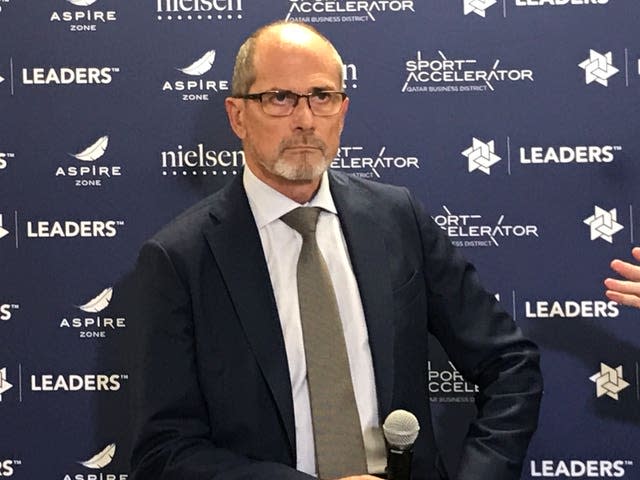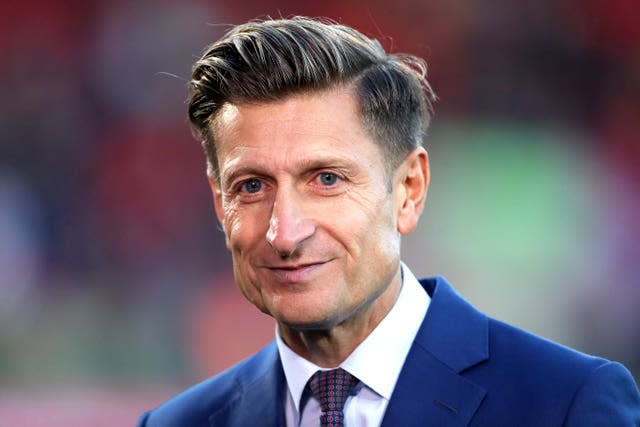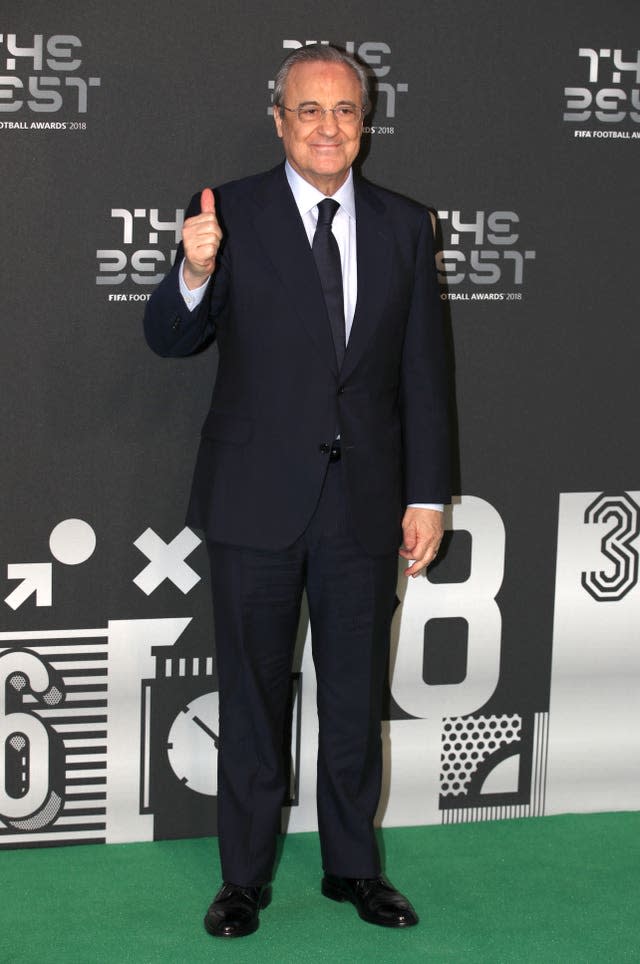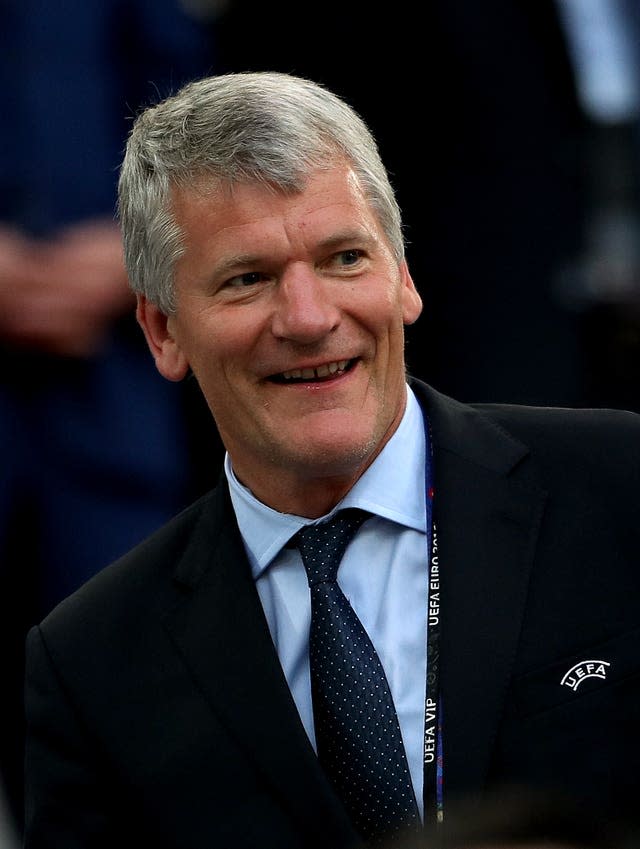Champions League 2024: How will the future of European club football look?
The future format of the Champions League is set to be decided on Monday.
Here the PA news agency looks at what to expect.
What’s happening?

UEFA’s ruling executive committee is set to vote on how the continent’s premier club competition should look from 2024.
European football’s governing body has come up with some fairly revolutionary proposals in its ‘Horizon 2024’ plans, including ditching the existing 32-team group phase and replacing it with one 36-team league.
What else is new?
The 36 teams would each play 10 matches instead of the current six in the group phase, with opponents selected on a seeded basis under a so-called ‘Swiss model’. The teams finishing in the top eight would qualify for the last 16 with those ranked ninth to 24th playing off for the final eight knockout spots.
UEFA wants the additional four matchdays to be exclusive for the Champions League and spread across Tuesday, Wednesday and Thursday evenings to maximise on broadcast income.
The four extra places would be awarded as follows – one extra spot to the country ranked fifth in the UEFA co-efficient, currently France, the domestic champions with the best historical team co-efficient who do not qualify automatically for the group phase, and most controversially the two teams with the best historical co-efficient who have not qualified for the Champions League via domestic performance, but have done enough to qualify for the Europa League or the new Europa Conference League.
Who has it consulted with?

Primarily the European Club Association (ECA), which is widely regarded as representing the views of Europe’s biggest teams, and the European Leagues group which represents 37 domestic competitions across the continent, including the Premier League and the EFL. World players’ union FIFPRO has also been involved.
What have they said?
The European Leagues held today a Board of Directors and a General meeting with all their Members to discuss the evolution of European Clubs Competitions from 2024 onwards
📰➡️https://t.co/IVC2nikDEe pic.twitter.com/5sjUYEC0Ie
— European Leagues (@EuropeanLeagues) February 5, 2021
The ECA has approved the format, with its chairman Andrea Agnelli saying the Swiss model is “ideal”, because it gives the flexibility to play even more than 10 matches in the future. But some of the ECA clubs are still seeking greater control of the competition’s commercial rights, something which forced a decision on the format to be scrapped at the end of March and which is understood to have been parked rather than resolved.
European Leagues says the competition is too big. The proposal takes it from 125 matches to 225. It proposed eight matches instead of 10 in the league stage. It also criticised the qualification method, agreeing that France should get one extra place but that the other three berths should be reserved for domestic champions.
Football Supporters Europe, which has been represented at recent European Leagues meetings, has described the plans as a “blatant power grab” by the continent’s biggest clubs in an open letter to Agnelli on Friday.
What’s the Premier League’s position?

It has not commented publicly but is understood to have concerns with the impact the qualification proposal could have on the league’s sporting integrity. A team finishing seventh in the Premier League could ‘leapfrog’ teams finishing fifth and sixth and land in a more lucrative competition, purely based on historical performance. Aston Villa chief executive Christian Purslow has criticised that approach, while Crystal Palace chairman Steve Parish says the changes would be “devastating” for English football.
What about the FA?

The Football Association has written to UEFA, and is understood to have raised concerns over the impact on the domestic calendar – chiefly the FA Cup and the Carabao Cup.
UEFA’s proposal includes European competitions spilling into January – a month traditionally reserved for domestic club football.
EFL chairman Rick Parry said last month that the proposals “pose a major threat” to the League Cup’s existence.
Why is UEFA doing this?

The prospect of a revamp from the 2024-25 season has long been discussed, in part because it will be the start of a new broadcast cycle. It comes at a time when a breakaway European Super League is again being whispered about by some of the continent’s heavyweights.
What are the financial benefits?
Everyone knows that competitions like @ChampionsLeague & @EuropaLeague make lots of money.
This year, the gross commercial revenue was €3.25bn.
So, where does it all go?
Check out our full, transparent breakdown 👇https://t.co/oB1VX7T809
— UEFA (@UEFA) July 12, 2019
More matches to sell should potentially mean greater revenue, while the hope is that the format change should mean there is more riding on each match.
UEFA wanted the discussion on distribution of revenue generated from the new formats to take place after an agreement on format had been reached, which it has achieved. European Leagues wanted a single track for all negotiations, but has lost the argument. It wants the solidarity payments to non-participating clubs to be increased as part of a new settlement to avoid further disruption to the competitive balance in domestic competitions.
What outcome should we expect?

The biggest hurdle for the format was gaining approval from UEFA’s club competitions committee on Friday – a body dominated by ECA members. The executive committee is expected to simply provide the rubber stamp.

